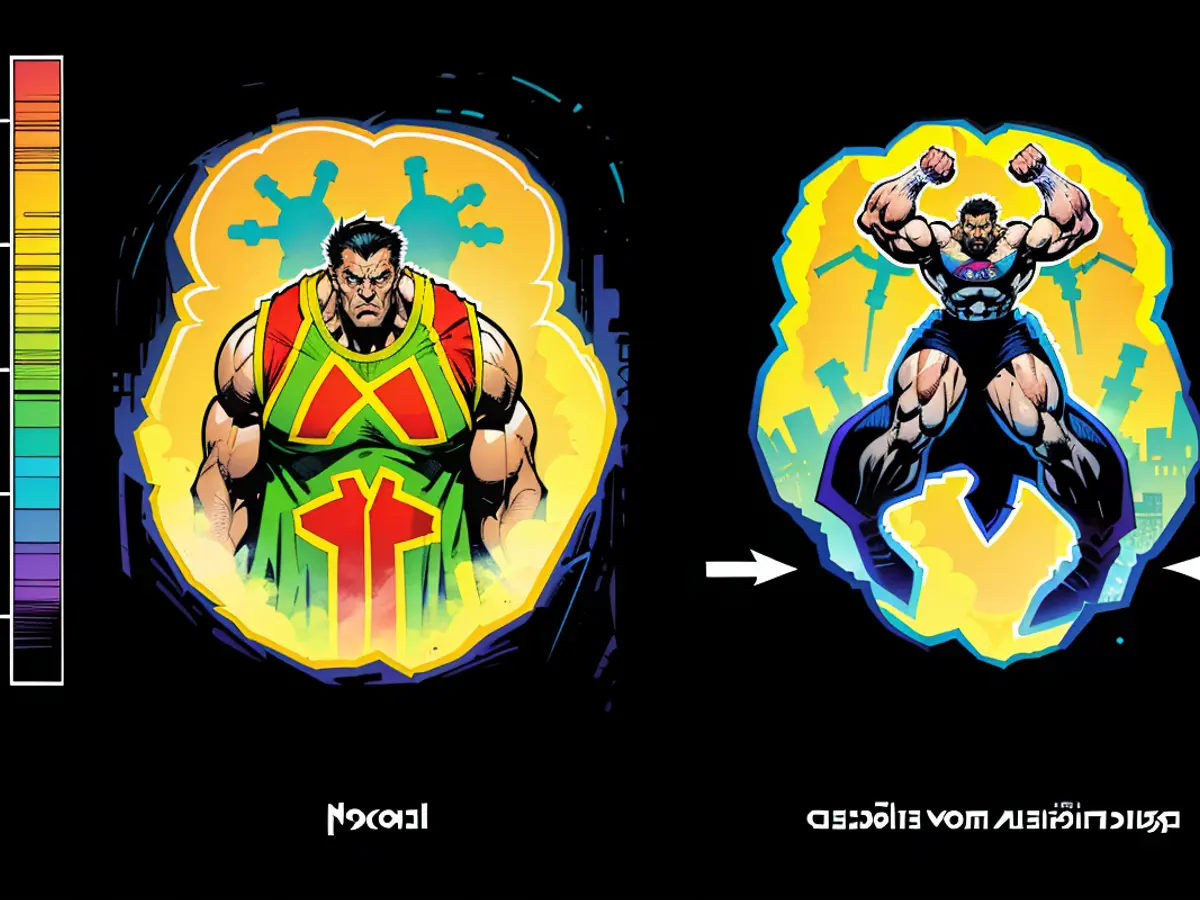Alzheimer's-related mortalities have experienced a significant twofold increase over the past two decades.
Alzheimer's-related fatalities in Germany have nearly doubled over the past two decades. As per data released by the Federal Statistical Office on Tuesday, during World Alzheimer's Day on September 21, around 10,100 individuals succumbed to the disease in the past year. This figure marks a 96% surge compared to 20 years ago, when 5,100 individuals lost their lives due to this incurable form of dementia. 'The risk of developing Alzheimer's escalates with age,' the statisticians pointed out. Roughly half (53%) of the 10,100 Alzheimer's deaths occurred in individuals aged 85 and above, while only about 2% were under 65.
The statistical office links this dramatic increase to demographic shifts, specifically the aging of the population. Since 2003, the population aged 65 and above has increased by 27%, reaching 18.9 million. The 85-and-above age group has seen an even more substantial growth of 110%, rising from 1.4 to 2.9 million in the past year.
In 2022, over 19,000 patients received treatment for Alzheimer's in clinical settings, representing a 61% increase compared to 20 years ago when the count was 11,800. Nearly half (47%) of the 2022 patients were aged 75 to less than 85, while about a quarter (28%) were 85 and above. Only about 6% of the Alzheimer's patients treated in hospitals were under 65.
Women made up 58% of Alzheimer's patients, while men constituted 42%. An Alzheimer's-related hospital stay averaged 20.2 days, making it relatively extensive compared to the average length of stay (7.2 days) for all diagnoses.
In the past two decades, the population aged 65 and above has seen a significant increase of 27%, contributing to the rising number of Alzheimer's-related fatalities. Nearly half of the 19,000 patients receiving Alzheimer's treatment in clinical settings in 2022 were aged between 75 and less than 85.








